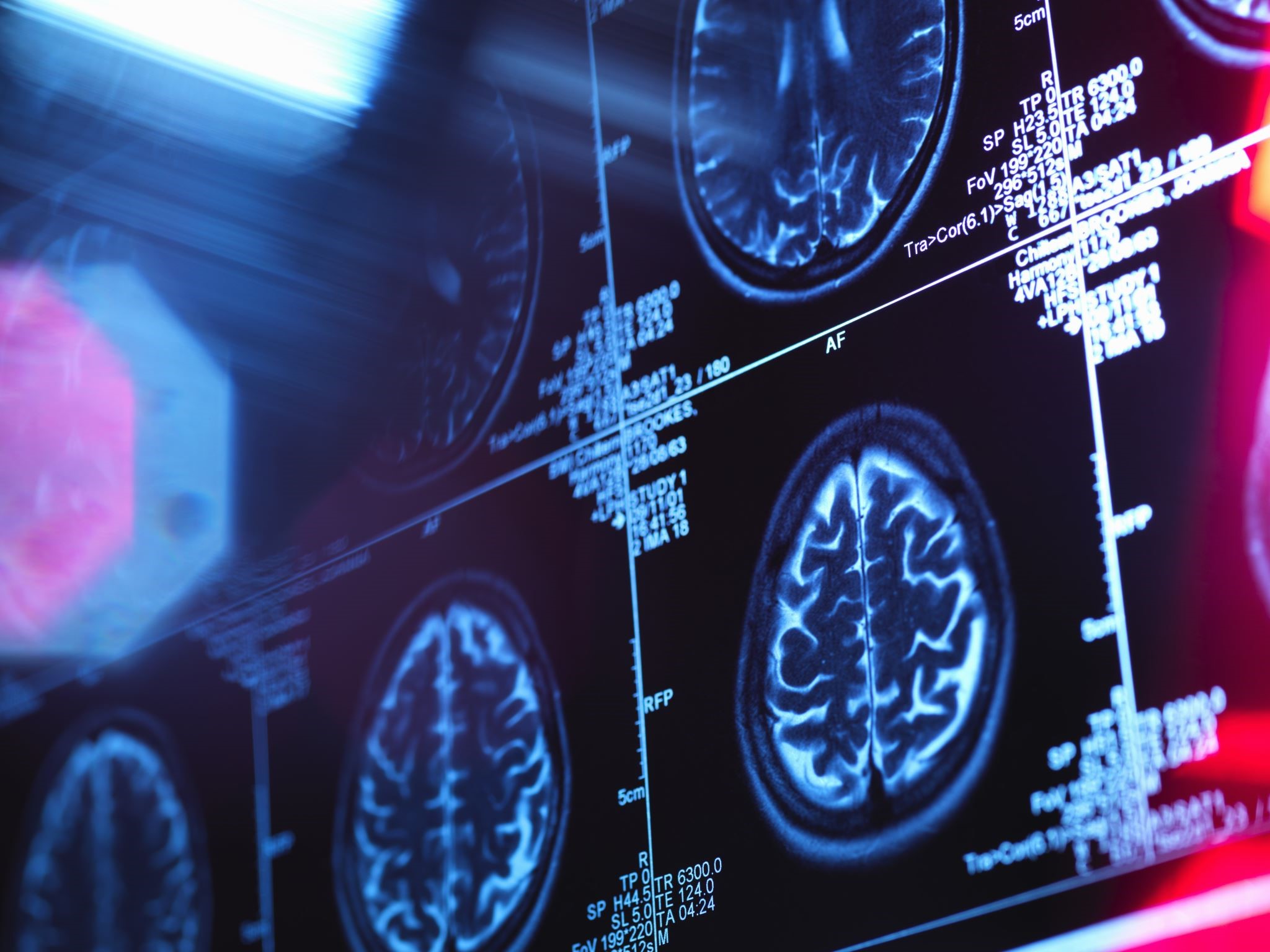MIDAS & PCCC theme investigating Early Post-Stroke Seizures

MIDAS and Person-Centred Complex Care theme investigating Early Post-Stroke Seizures with new scoping review
Electrical activity is happening in our brain all the time, as the cells in the brain send messages to each other. A seizure happens when there is a sudden burst of intense electrical activity in the brain. This causes a temporary disruption to the way the brain normally works, so the brain’s messages become mixed up, resulting in an epileptic seizure. Stroke disrupts the blood supply to the brain, causing damage which can lead to epileptic seizures.
Post-stroke seizures occurring soon after a stroke can complicate a patient’s stroke diagnosis because the signs of a seizure can be similar to those of a stroke and can cause new or seemingly unexplained symptoms. Post-stroke seizures can often go undiagnosed and can complicate the management and treatment of a stroke patient. Some patients will also go on to develop epilepsy as a long-term complication of their stroke. One stroke patient said, “My epilepsy started during a speech therapy session. I didn’t know what it was or why it was happening. Then I went unconscious. I would have liked to have been warned that this may happen. My aphasia [impaired ability to understand or produce speech] made it more difficult to describe the symptoms to the doctor.” It is important that post-stroke seizures are recognised as soon as possible so they can be treated and managed effectively. However, a lack of education, training, and clinical guidelines to support healthcare professionals around post-stroke seizures has led to inconsistent approaches to recognition and management.
As part of the ARC-NWC Person Centred Complex Care theme, researchers at University of Central Lancashire and Lancashire Teaching Hospitals NHS Foundation Trust are conducting a review of the literature on in-hospital early seizures and epilepsy in acute stroke. The review will aim to identify current knowledge on recognition, diagnosis and management of early post-stroke seizures and epilepsy. This work is intended to be the first step in a programme of research aiming to identify current barriers to the recognition of early post-stroke seizures, opportunities to improve treatment approaches, and to improve education and training of healthcare professionals.
ARC-NWC colleagues from the MIDAS (Methodological Innovation, Development, Adaptation & Support) theme are providing support for the review. This includes support to develop a research protocol, developing and running searches to identify relevant literature, the design of tools to help select relevant studies and collect the study data needed, and support to analyse and summarise the findings.
A patient and public involvement group of local stroke survivors and their families and carers will be involved in shaping the direction of this research. They will review the research questions, analysis, and findings in the context of their lived experience of post-stroke seizures. This will ensure the research outcomes reflect patient and carer experience, supporting the development of evidence that works best for them as well as for healthcare staff.
Dr Clare Gordon, Senior Research Fellow at the University of Central Lancashire and Nurse Consultant at Lancashire Teaching Hospitals NHS Foundation Trust, is leading the review. For further information please contact ARCNWC-MIDAS@uclan.ac.uk.
This summary was written by Cath Harris, Information Specialist, Methodological Innovation, Development, Adaptation & Support) theme.